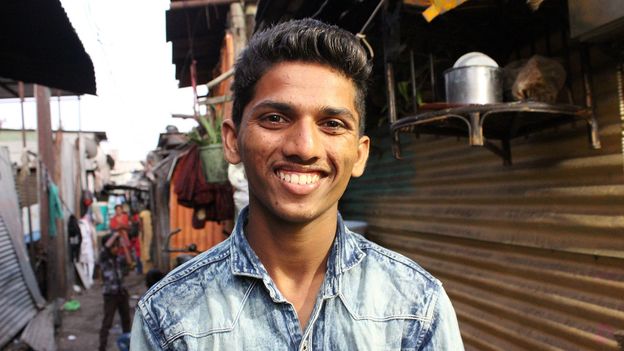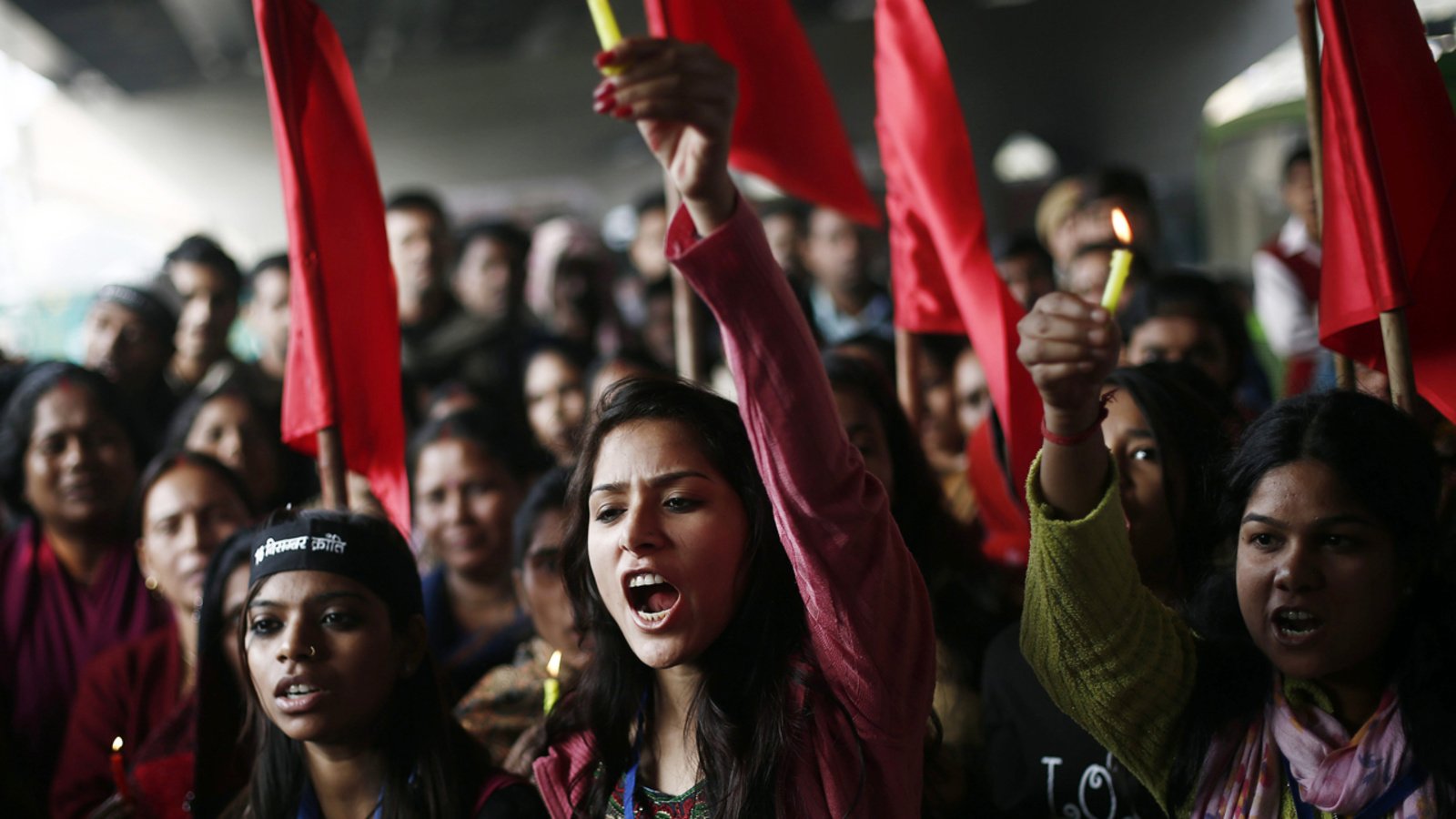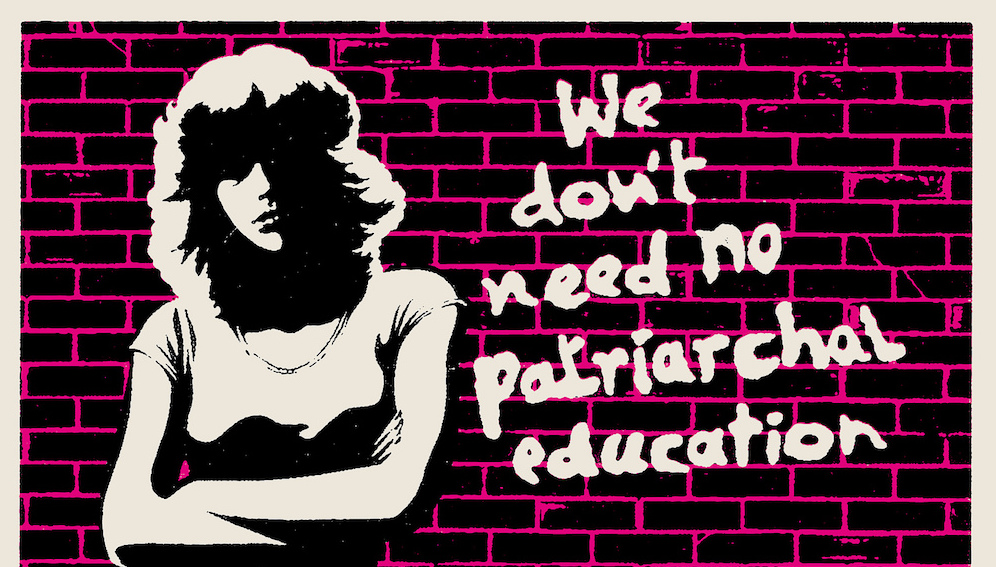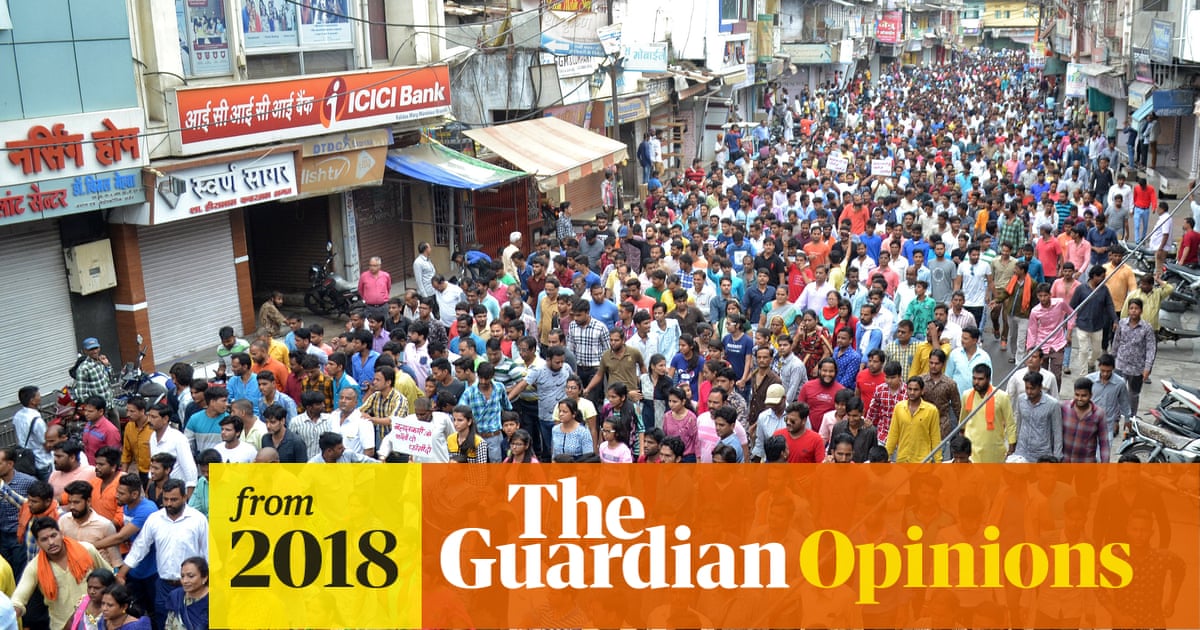Sexism, or discrimination based on gender, is a pervasive issue in India, as it is in many other countries around the world. While sexism can manifest in many different ways, one particularly insidious form of sexism is abuse, whether physical, emotional, or sexual. This abuse can have severe consequences for the individuals who experience it, as well as for society as a whole.
One of the most common forms of sexism and abuse in India is violence against women. According to the National Crime Records Bureau of India, more than 330,000 incidents of violence against women were reported in 2019 alone. This includes physical violence, such as domestic abuse and rape, as well as emotional abuse, such as verbal abuse and stalking.
Violence against women is often rooted in traditional gender roles and attitudes that view women as inferior to men. These attitudes are perpetuated by cultural and social norms, as well as by the media and other forms of popular culture. As a result, women in India often face discrimination and abuse simply because of their gender.
In addition to violence against women, there is also a significant issue of sexual harassment and assault in India. This can take many forms, such as street harassment, workplace harassment, and sexual assault. While women of all ages and backgrounds are at risk of sexual harassment and assault, young women and girls are particularly vulnerable.
The consequences of sexism and abuse in India can be severe. In addition to the physical and emotional harm that individuals may experience, there are also significant social and economic costs. For example, women who experience violence or harassment may be unable to work or participate fully in society, which can have negative consequences for their families and communities.
There are a number of efforts underway to address sexism and abuse in India. These include laws and policies aimed at protecting women and girls from violence and harassment, as well as initiatives to educate the public about gender equality and respect for women. However, much more needs to be done to address the root causes of sexism and abuse, and to create a society in which all people, regardless of their gender, are treated with dignity and respect.
In conclusion, sexism and abuse are serious issues in India that have far-reaching consequences for individuals and society. While progress has been made in addressing these issues, there is still much work to be done to create a more equitable and just society for all.









